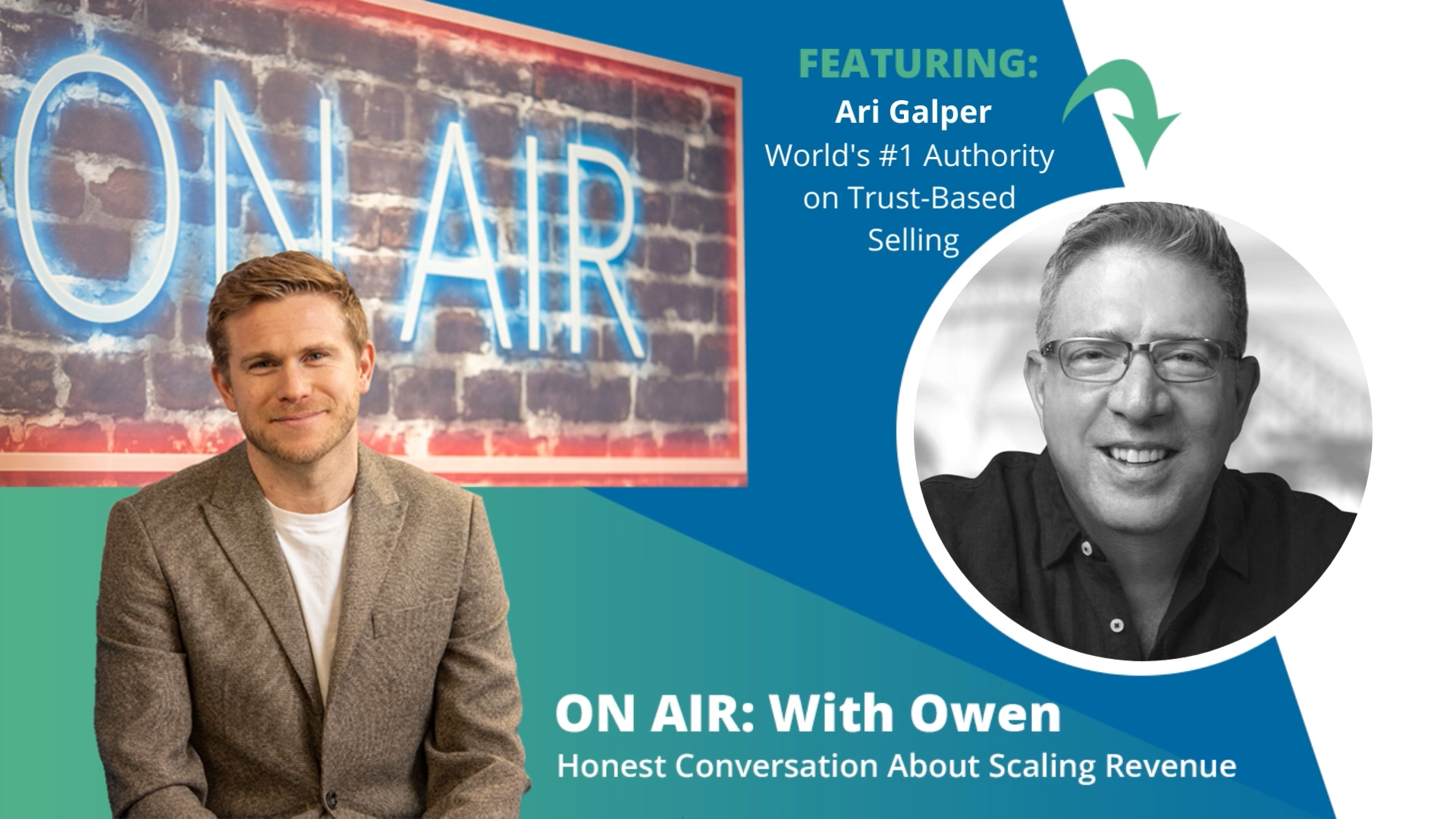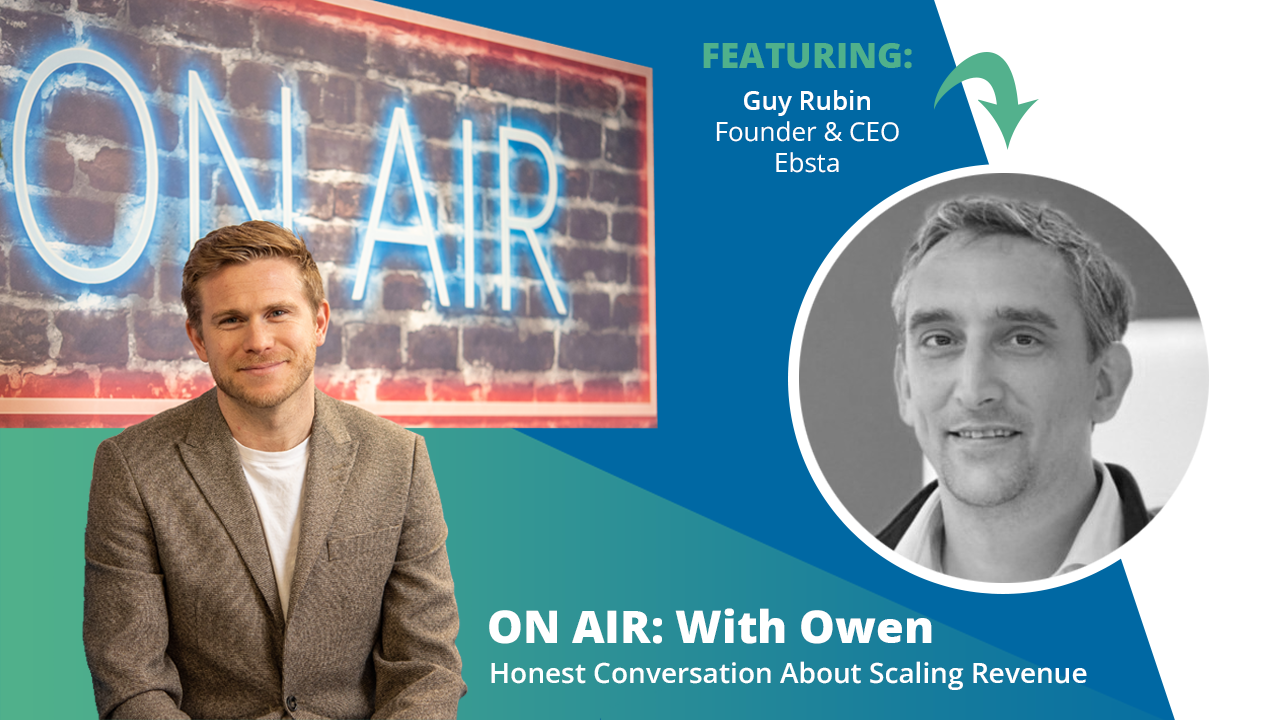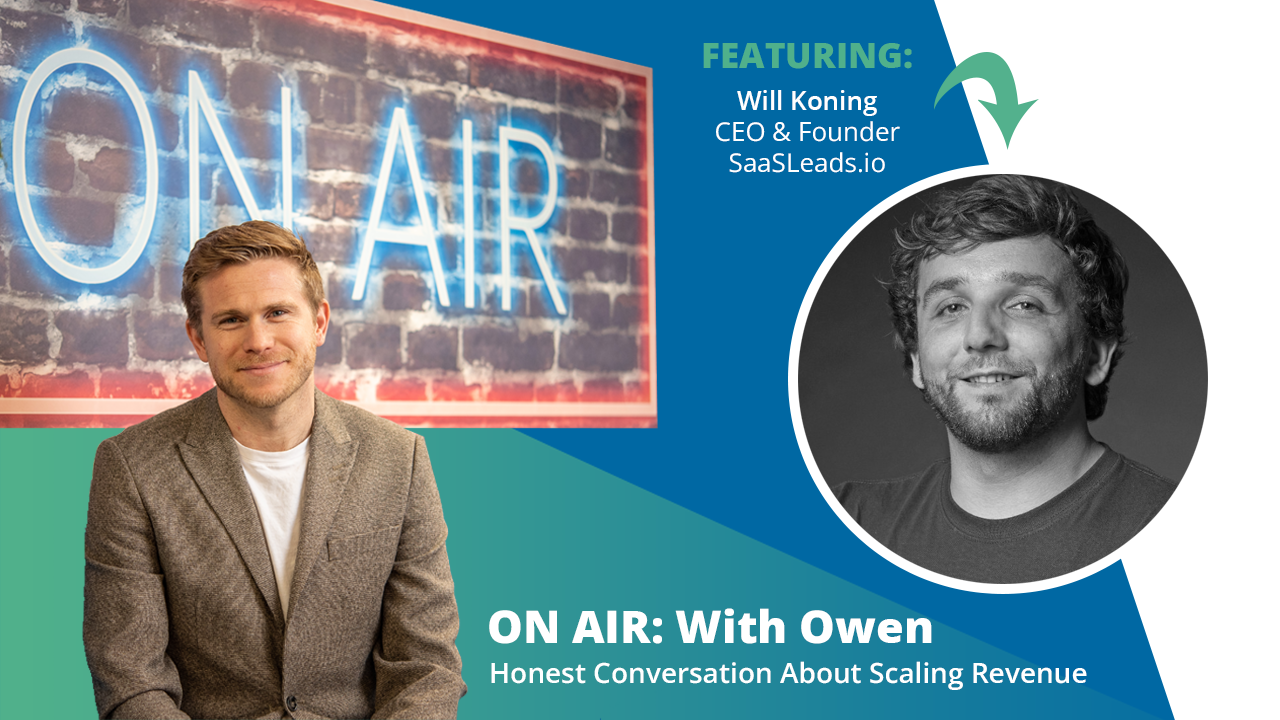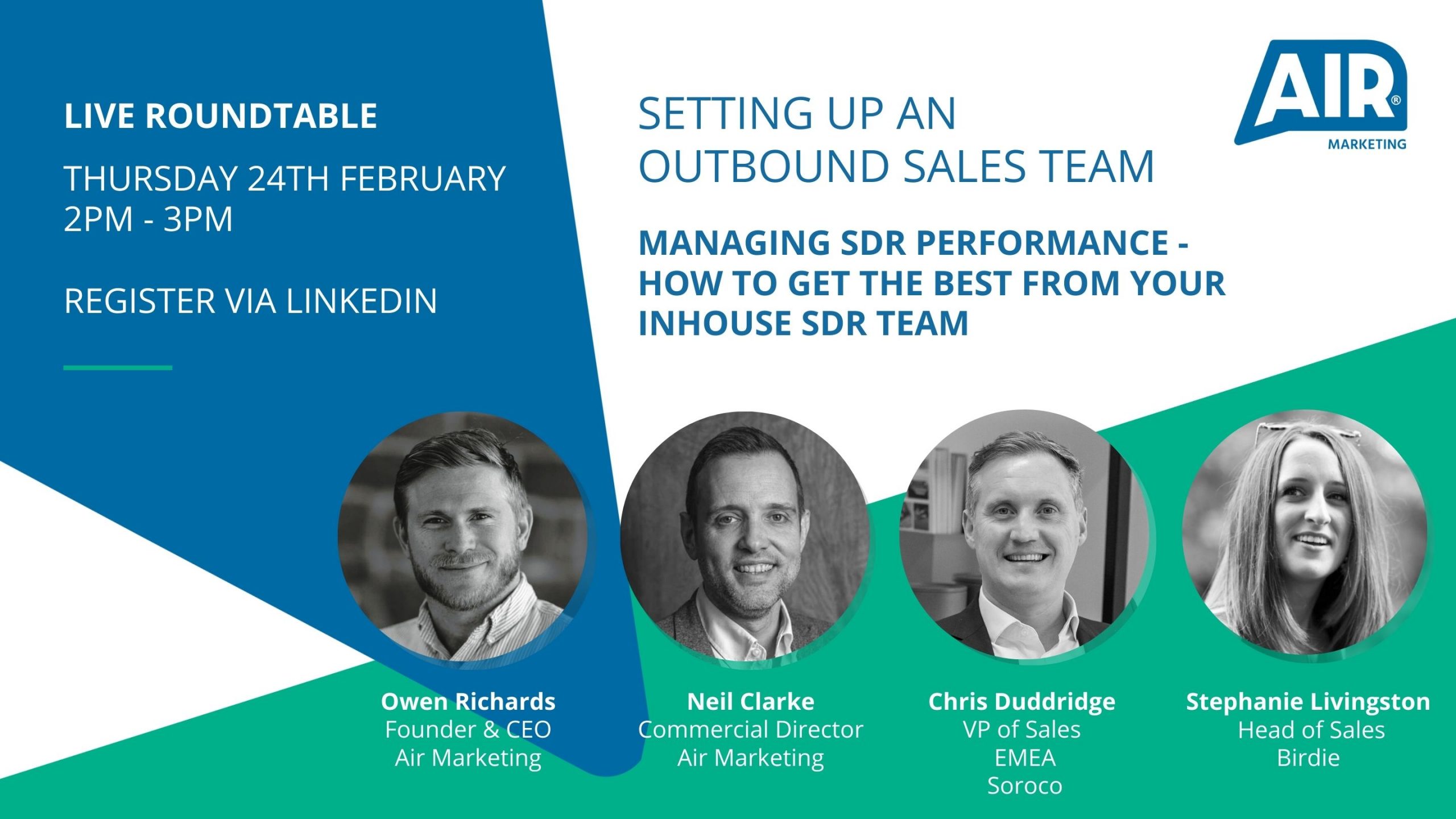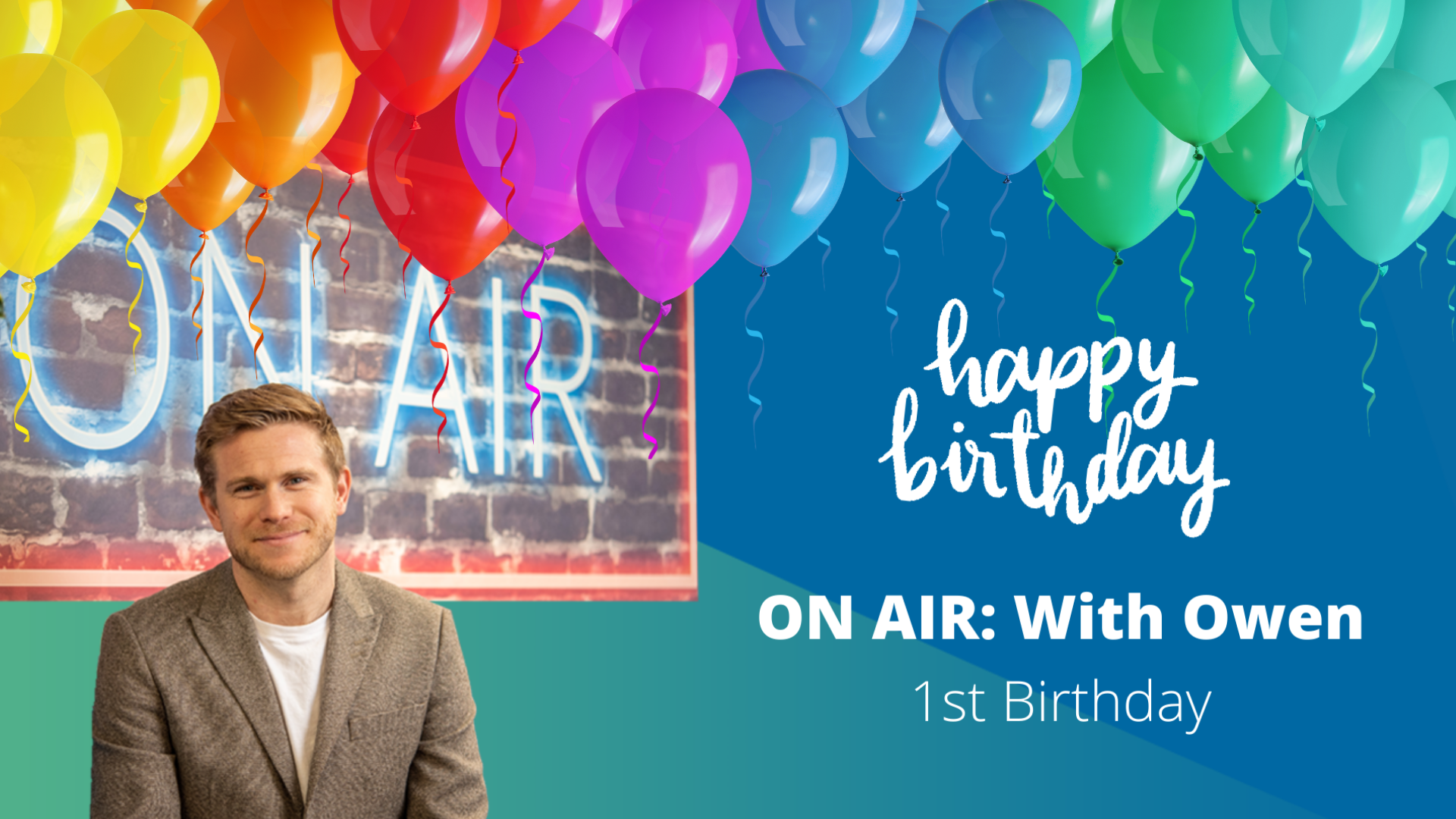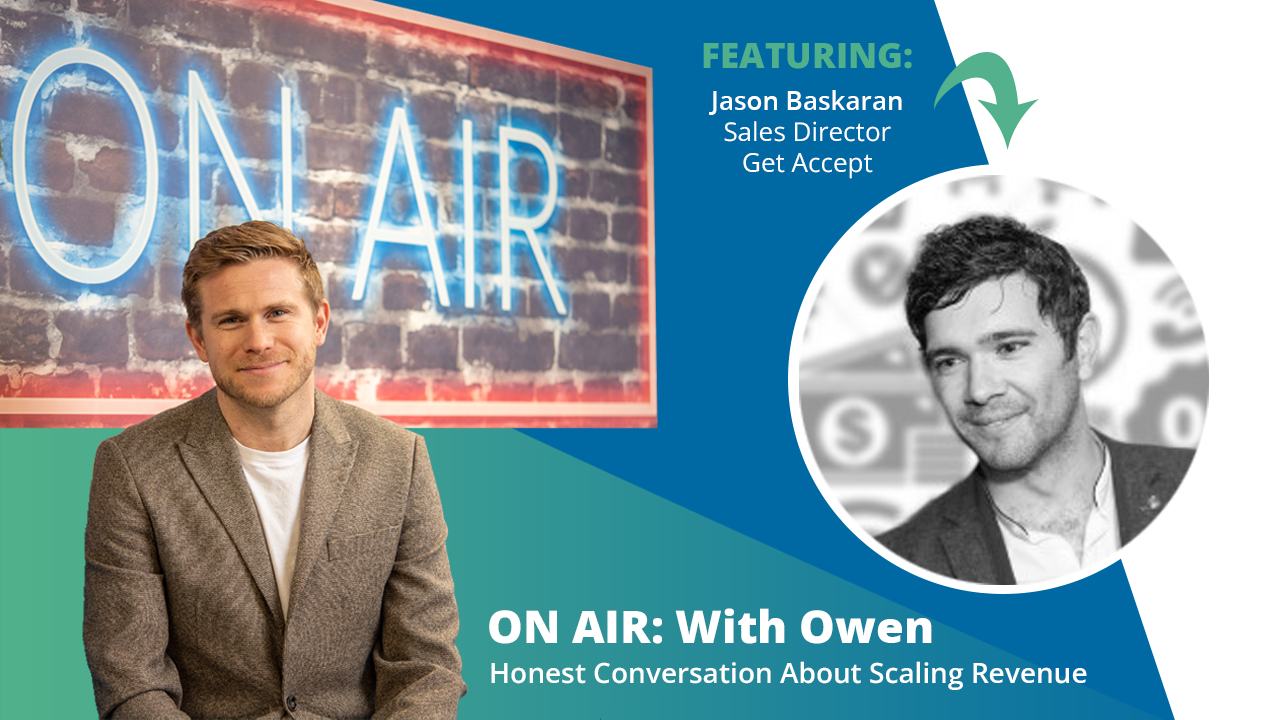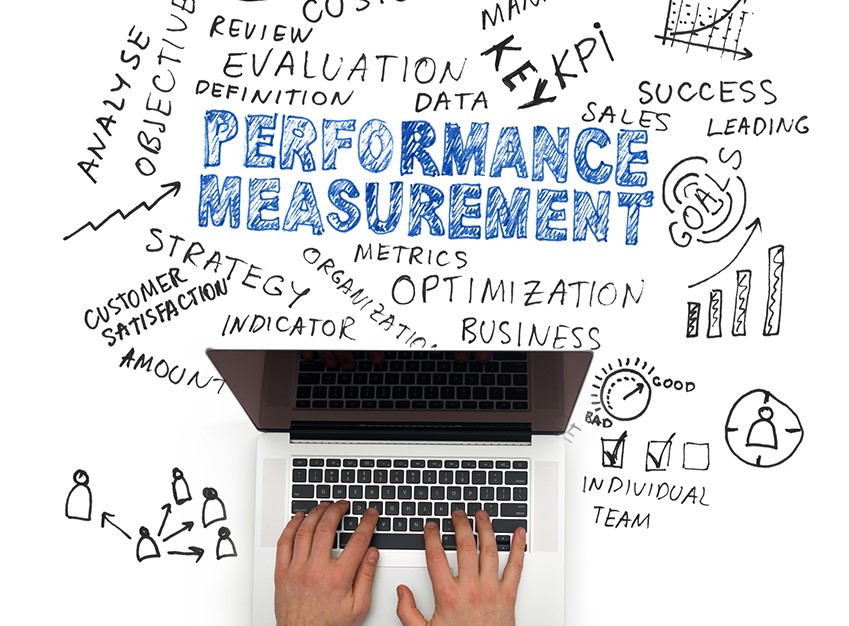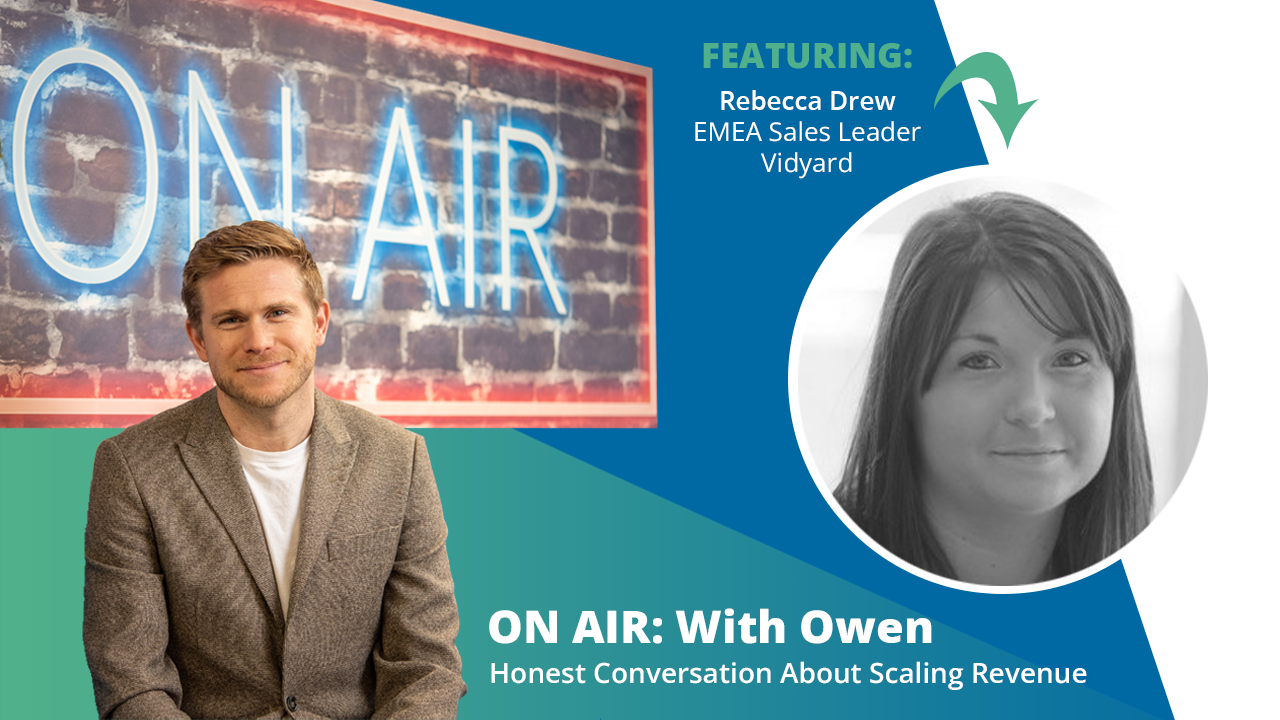When you’re in sales, it’s essential to work smarter, not harder.
Making changes to the channels you use and the audiences you reach out to can positively impact your team’s performance.
In fact, a data-driven approach to sales can make your business between 5% and 6% more profitable.
In last month’s article, we advised what stats you should measure to track your SDRs’ progress. This month, we will look at how you can use your data to improve the lead generation process and target the businesses most interested in your product or service.
The problem with ‘scattergun sales’
Many sales teams have a scattergun approach when it comes to outreach sales. This is when they reach out to as many prospective customers as possible, in the hope that some of them will want to know more.
The issue with this is that it’s hit and miss. While you’ll get some leads, it’s likely most intended prospects won’t be interested. This can not only lead to your sales department underperforming, but a loss of morale for your team.
A surprisingly large number of companies rely on scattergun sales to grow business. 71% of SMEs and 67% of large organisations admit to not having a systematic approach to engaging with prospective customers.
This means that by using your existing data to refine your sales processes, you can give yourself an advantage over your competitors.
Know your target audience
When you’re identifying who to sell your products or services to, it can be tempting to keep things as broad as possible to maximise reach. We’ve all been in meetings where the Managing Director wants to target everyone!
However, this approach hinders more than it helps. As the saying goes, ‘by appealing to everyone, you appeal to no one’.
By using your data to focus on the right target audience, your SDRs can prioritise the prospects that are more likely to buy.
Using data to boost your sales rates
The data you already have can inform your approach to sales and make your team more efficient.
One of the great things about working in sales is that everything is quantifiable, and this provides you with a wealth of data to take advantage of.
When it comes to improving your sales volume, look at the profiles of people and companies that have bought from you in the past:
- What industry is the business in?
- What products and services does the business sell?
- What is the size of the business?
- What is the turnover of the business?
- What country is the business in?
- What is the job title and seniority of the person who bought from you?
- Which channels (for example, email, phone call, social media) did you use to make the sale?
- What was the value of the sale?
- How long was the sales cycle?
You should have most of this data already in your CRM system. If you need to fill in any gaps, LinkedIn is a useful source of information.
If your business is new or you don’t have the data to go off, then industry statistics can be a good starting point. However, as no two companies are alike, it’s best to use your own data for optimal results.
Take all your stats into consideration
When using this approach, it’s essential to use all the data at your disposal rather than focusing on one set of statistics.
Let’s say industry A has a 30% conversion rate while industry B has a 20% conversion rate. This information shows that industry A is more likely to yield results for your SDRs. However, what happens when you bring other data into the mix?
When you bring average sales cycle length into consideration, industry B has an average cycle of six months. However, industry A’s sales cycle is three years!
This means that the best approach is to go for industry B. Although the conversion rate is slightly lower, your team will reach more customers and make larger sales volumes.
Review and share the data for best results
As the team leader or manager, it’s your responsibility to review the data, interpret it and put a strategy into action.
Don’t forget to reassess your findings regularly. If your target audience changes, then you need to update your strategy to accommodate this.
As well as sharing information with your SDRs, share it with your marketing team too. According to LinkedIn, there is only a 23% overlap between the two department’s definition of a target audience. If your prospects aren’t ready to buy just yet, your marketing department can nurture them until they are.
Find out more about aligning your sales and marketing team.
In conclusion – use your past data to accelerate future sales
According to McKinsey, businesses that use analytics more effectively grow quicker than those that don’t.
By taking the time to review your data and using it to identify the prospects that are most likely to turn into leads, you’ll grow your return on investment.
If you’re still not convinced of the advantages data can bring, consider General Electric. In the 1990s, the company relied on a scattergun approach to make sales, wasting valuable sales rep time. During the 2000s, the business took a data-driven approach to sales, discovering that the top 30% of customers were three times more likely to buy.
The hard work paid off, with General Electric making an incredible $300 million in new business and boosting their conversion rate by 19% in the space of a year.
Set your business towards success with Air Marketing
Growing your sales can be challenging. At Air Marketing, we’re on a mission to ensure your businesses can promote its products and services to the right people.
We offer lead generation services, helping fill your pipeline and deliver warm opportunities to your sales team. Our SDRs can also reach out to prospective customers on your behalf, saving you time and letting you focus on growing your business.
Contact our team today and see how we can take the hard work out of selling for your business.

